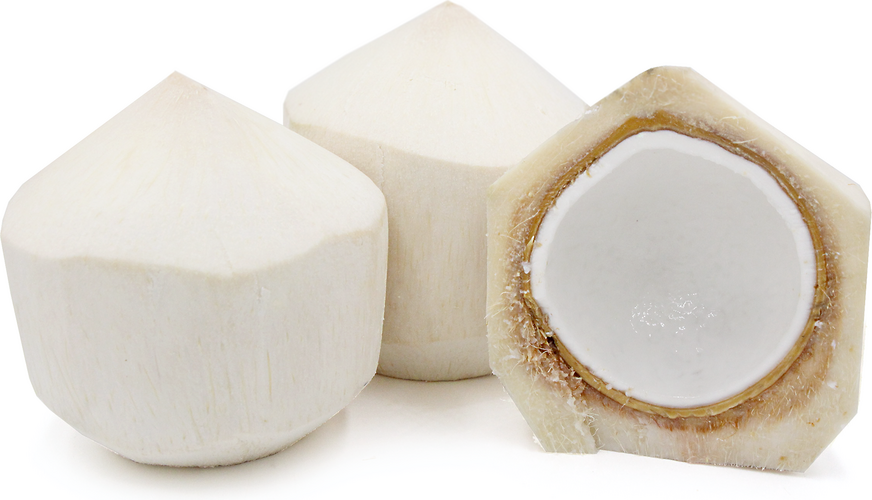Average Weight of a Coconut: Exploring the Varieties and Measurements
Coconuts are a versatile fruit that is widely enjoyed for their refreshing water, creamy meat, and culinary uses. When purchasing coconuts or working with coconut recipes, it is helpful to have an understanding of their average weight. In this article, we will explore the topic of the average weight of a coconut, discussing different coconut varieties, factors affecting weight, and practical measurements for both fresh and packaged coconuts.
1. The Versatility of Coconuts:

Versatility of Coconuts
Coconuts have gained popularity worldwide due to their versatility and numerous applications. They are used in cooking, baking, beverages, skincare products, and more.
Understanding the average weight of coconuts is useful for portioning, recipe planning, and overall culinary knowledge.
2. Different Coconut Varieties:
Coconut varieties can vary in size, shape, and weight. The two main types of coconuts are the "young" or green coconut and the "mature" or brown coconut.
Each type has distinct characteristics and applications, with variations in weight among different varieties.
3. Young Coconuts:

Young Coconuts
Young coconuts, also known as green coconuts, are harvested at an early stage of maturity. They are typically consumed for their refreshing coconut water rather than the meat.
Young coconuts are relatively lighter in weight compared to mature coconuts, with an average weight ranging from 1.5 to 2.5 pounds (0.7 to 1.1 kilograms).
4. Mature Coconuts:
Mature coconuts, also referred to as brown coconuts, are the most common type found in stores and markets. These coconuts have a hard, brown shell and contain both coconut water and meat. The weight of mature coconuts can vary significantly, depending on factors such as variety, size, and moisture content.
5. Factors Affecting Coconut Weight:
Several factors can influence the weight of a coconut, including its maturity, moisture content, and growing conditions.
Coconuts grown in different regions or climates may have slight variations in weight due to environmental factors and farming practices.
6. Fresh Coconut Weight Measurement:
To measure the weight of a fresh coconut, a kitchen scale or a traditional balance scale can be used. Place the coconut on the scale and read the weight displayed.
This measurement provides an accurate understanding of the coconut's weight for cooking, baking, or portioning purposes.
7. Packaged Coconut Weight:
In some instances, coconuts may be sold in packaged form, such as shredded coconut or coconut flakes.
The weight of these packaged products is typically mentioned on the label or packaging.
Pay attention to the weight stated on the package when using these products in recipes or determining portion sizes.
8. Average Weight Ranges:
It is important to note that the average weight of coconuts can vary depending on the specific variety, growing conditions, and individual coconut size.
On average, mature coconuts can weigh anywhere from 2 to 3.5 pounds (0.9 to 1.6 kilograms). However, there may be slight variations in weight, and it is advisable to measure individual coconuts for precise calculations.
Understanding the average weight of coconuts provides practical knowledge for various culinary endeavors. Young coconuts are generally lighter, while mature coconuts can vary in weight depending on the specific variety and growing conditions. When working with coconuts, it is helpful to measure the weight of fresh coconuts using a kitchen scale or refer to the weight mentioned on packaged coconut products. By having a grasp of coconut weights, individuals can better navigate recipes, portion sizes, and cooking techniques, allowing them to enjoy the versatility and deliciousness of coconuts in their culinary creations.